
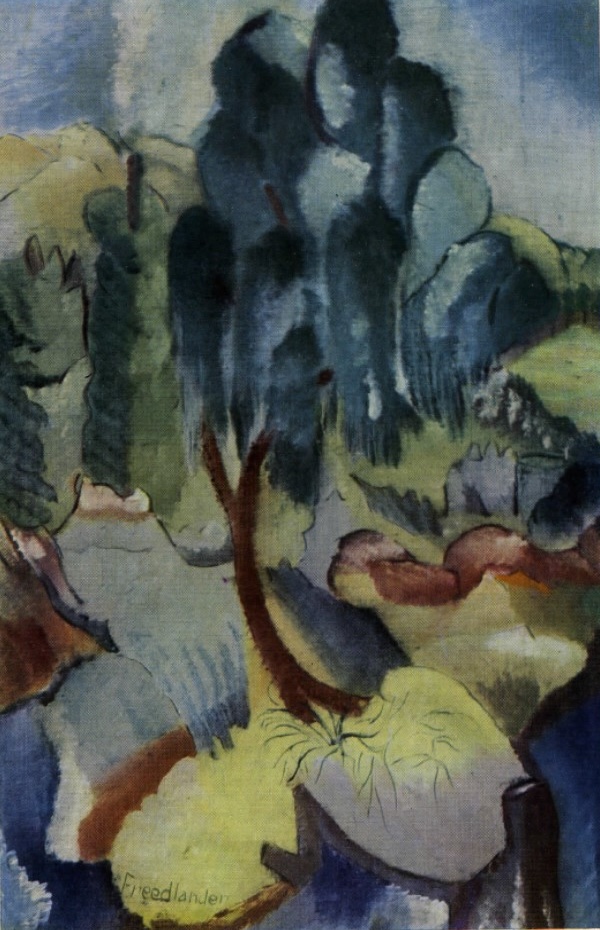
“Let’s Talk of Interesting People”:
The Story of Erna Friedländer (1890-1979)
With Noit Banai, PhD, Hong Kong, and Ketul Arnold, Boulder (Colorado)
May 8, 2024 @ 7:00 pm - 8:00 pm
| FreeThis presentation by Noit Banai, PhD, Hong Kong, and Ketul Arnold, Boulder (Colorado), traces Erna Friedländer‘s unique journey as a German refugee who survived Nazi persecution and World War II in Hong Kong, and subsequently migrated to England, Israel, and the USA.
Image above: Erna Friedländer, Chinese Landscape. Undated. Monotype. Courtesy The Studio: An Illustrated Magazine of Fine and Applied Art, London
As a German refugee who survived World War II in Hong Kong, and subsequently migrated to England, Israel, and the USA, Erna Friedländer’s journey is unique among the many histories of Jewish dispossession. Though few traces remain of Friedländer artistic oeuvre, she was a thoroughly modernist artist. Painter, printmaker, and teacher at the Hong Kong Working Artist Guild, she studied in Berlin under Eugene Spiro and in Paris under Mela Muter, André Lhote, and Othon Friesz before embarking on an artistic career in Milan in 1933.
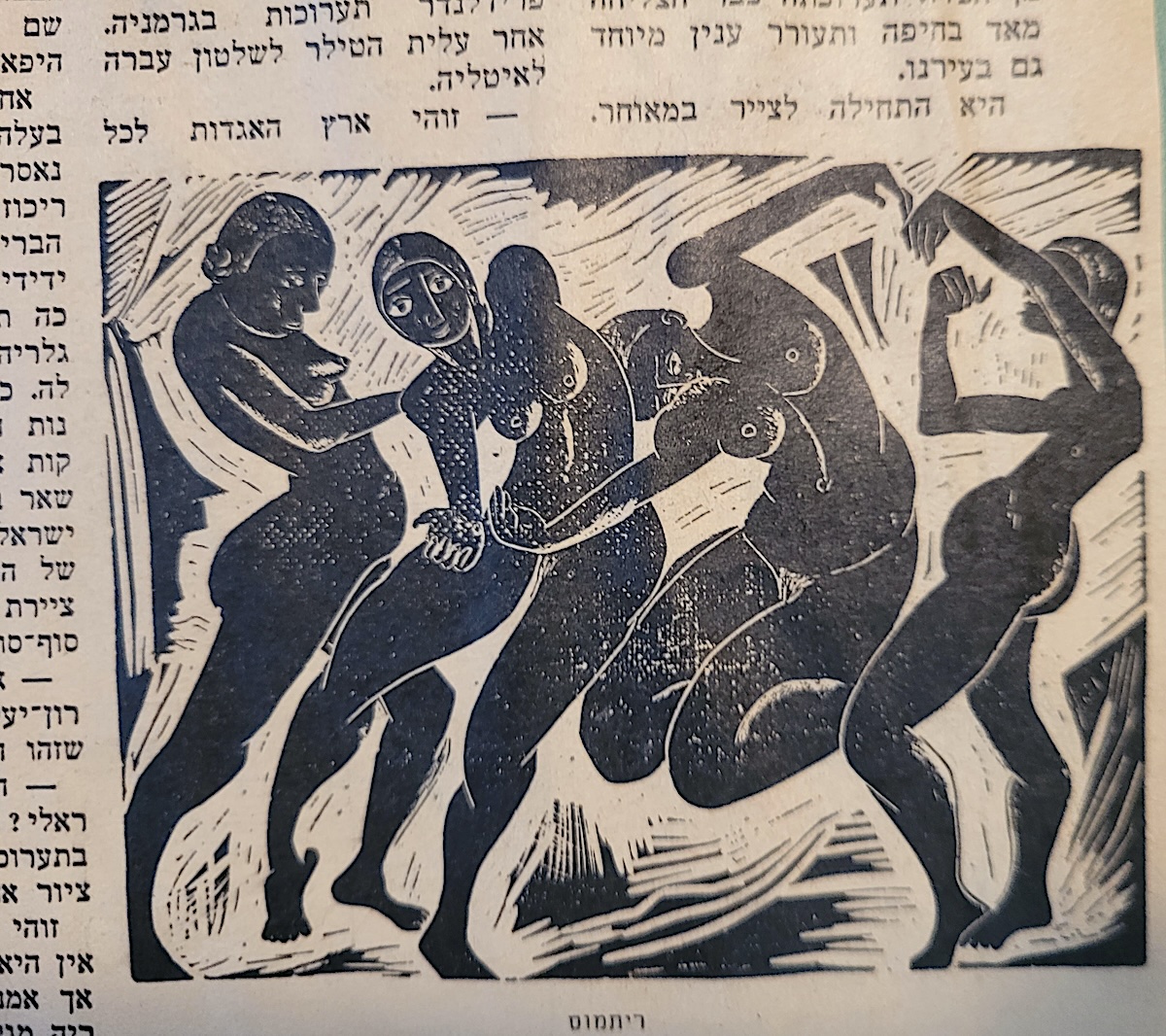
Erna Friedländer. Four Female Nudes, not dated. Courtesy Ketul Arnold
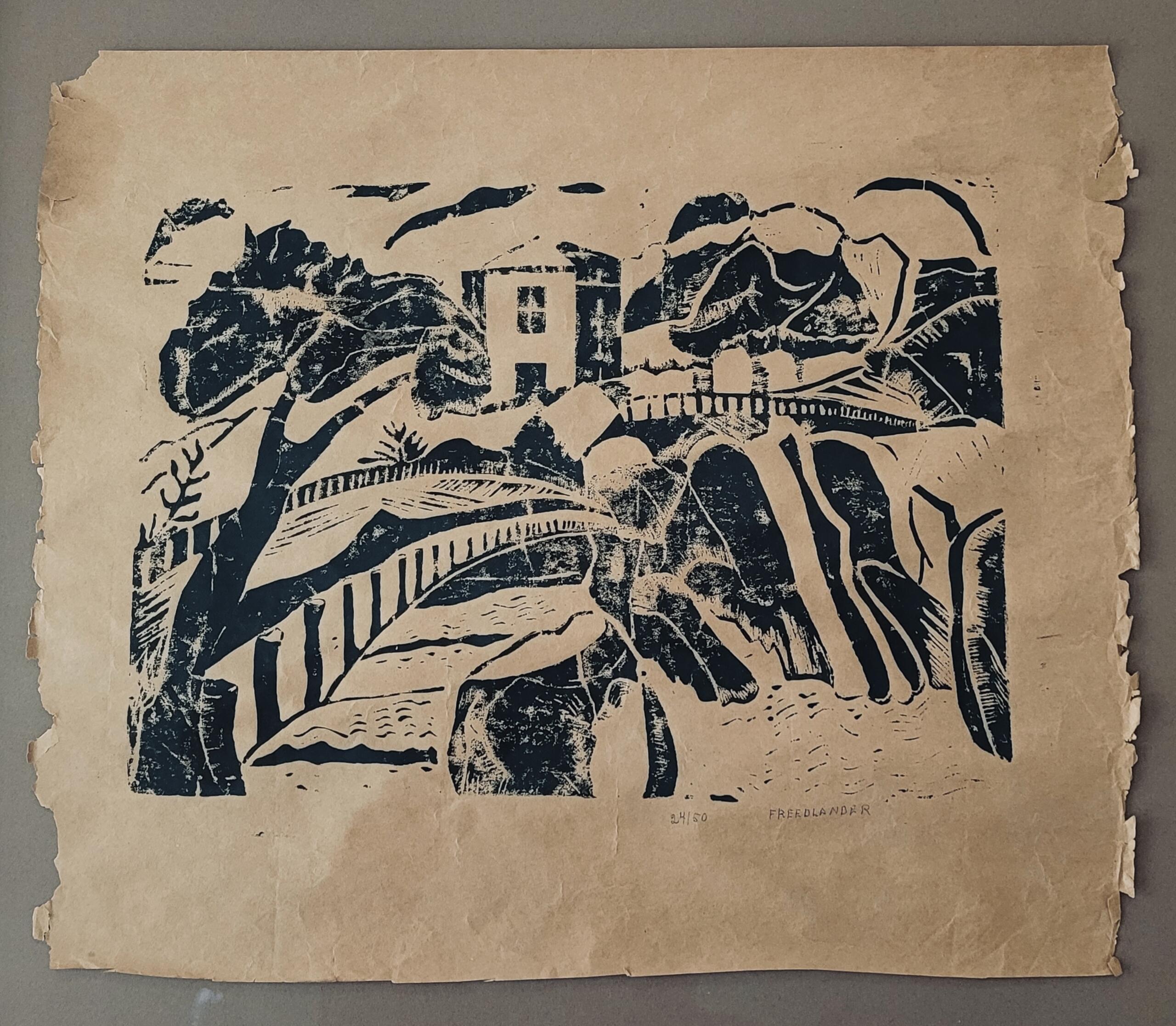
Working in an expressionist style developed in German avantgarde circles in the early 20th century and referencing modern dance techniques (Laban Movement), Friedländer’s paintings, watercolors, and monotypes represent a range of genres, among them, portraits of refugees as well as Chinese people and landscapes. What did it mean to bring these techniques, media, and motifs in this way? How was her artwork understood in relation to her status as a female German-Jewish refugee in Hong Kong? And, how can we interpret her monotypes in relation to various European and non-European traditions of printmaking?
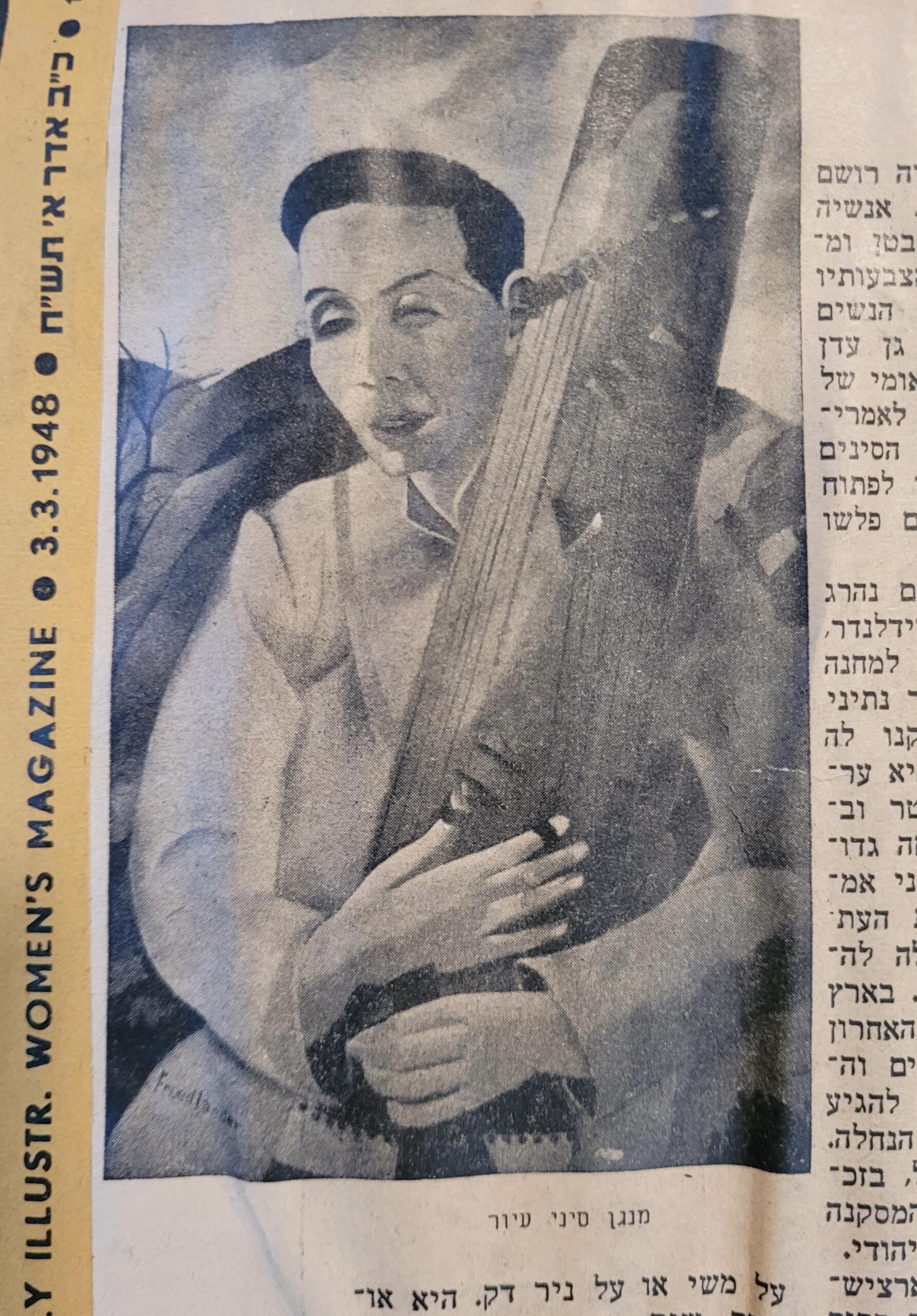
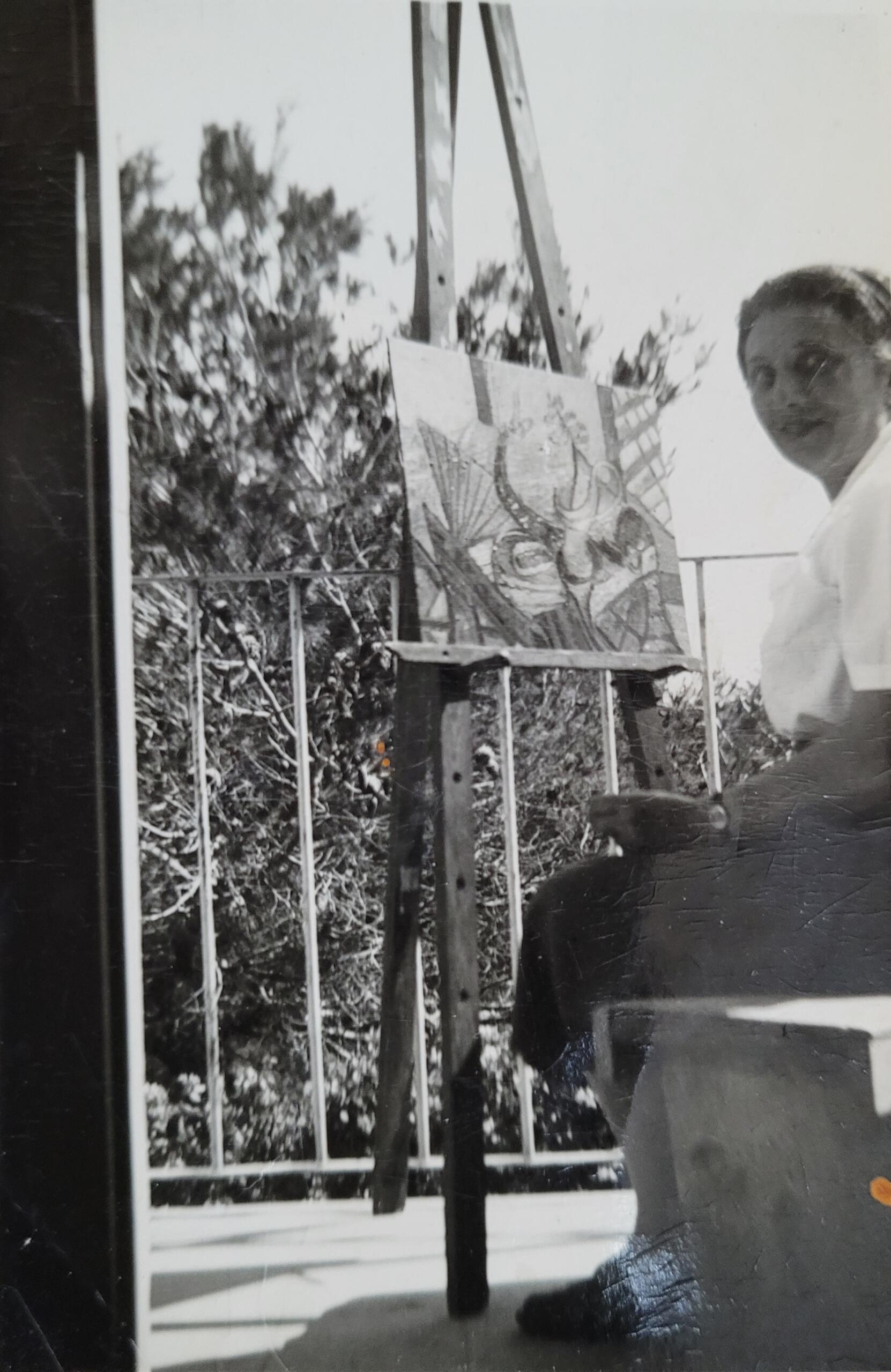
Erna Friedländer. Date unknown (1930s). Photographer unknown. Collection Ketul Arnold.
Friedländer’s legacy did not end in Hong Kong: Established in New York City from the mid-1950s, she was an important friend and influential mentor for Ketul Arnold, who knew her between 1973 and 1979, and will share memories of Erna’s stories and teachings from her American period.
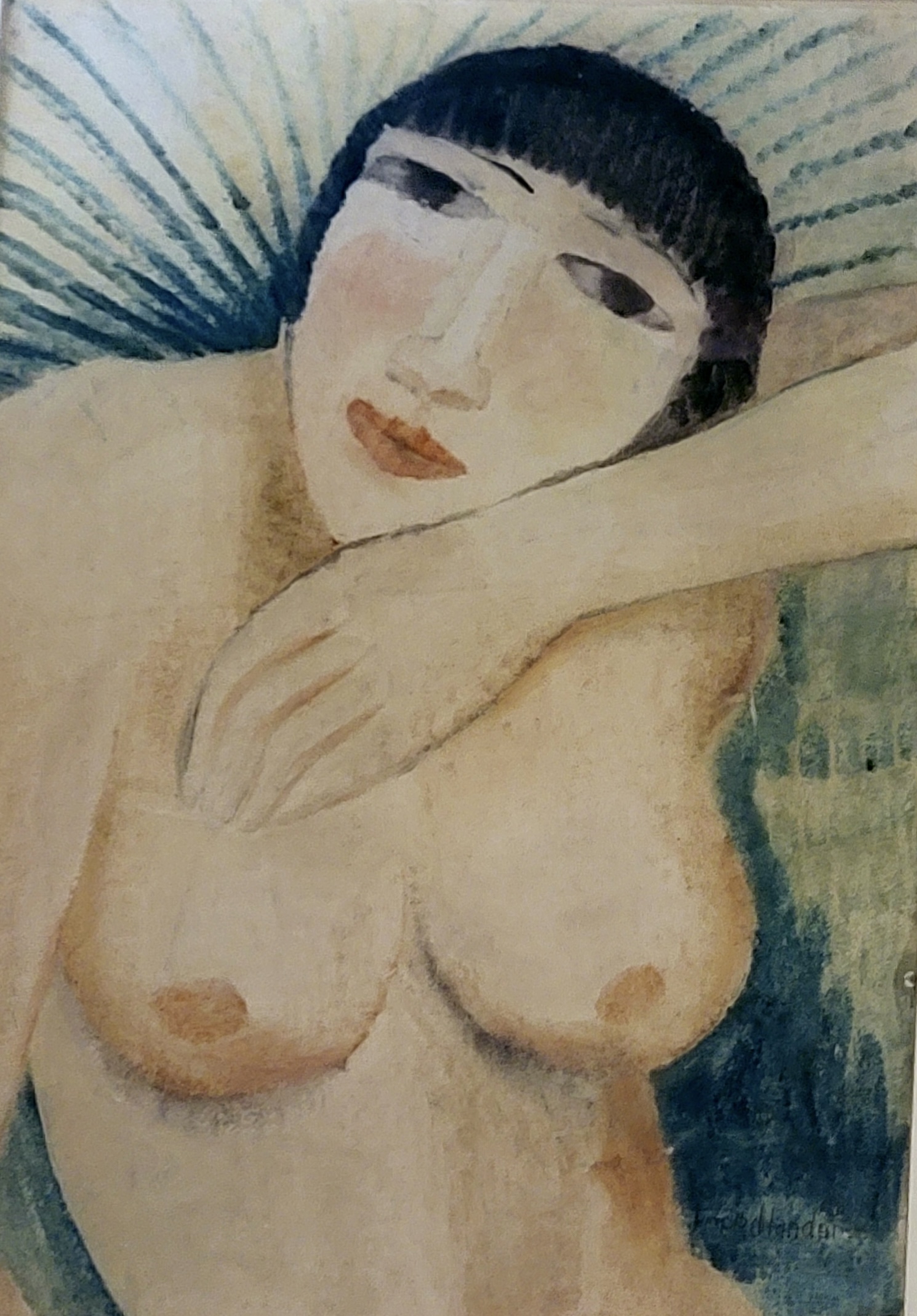
Erna Friedländer. Nude. Undated. Monotype gouache on paper. Collection Ketul Arnold.
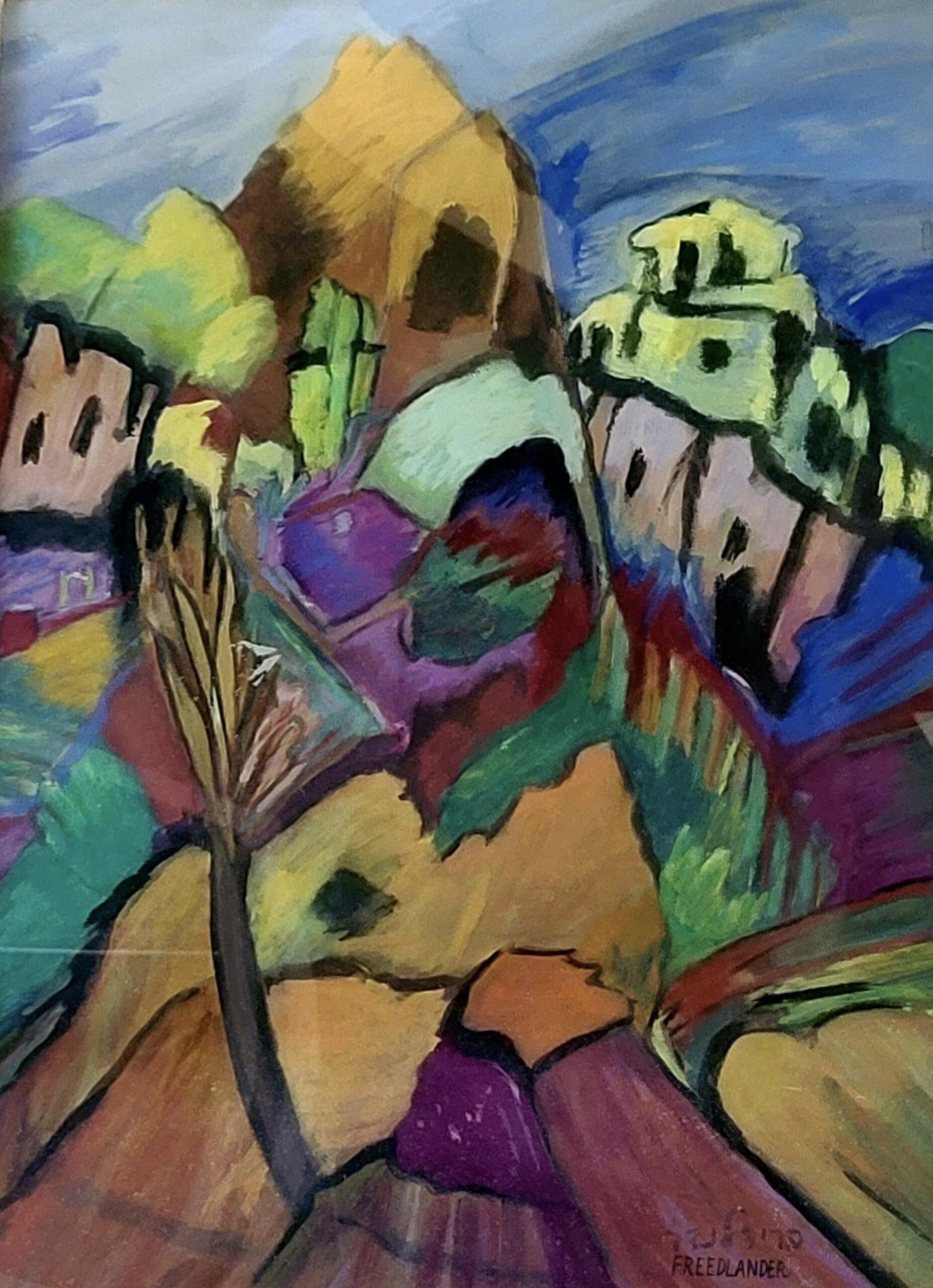
Dr Noit Banai is an art historian and critic who specializes in modern and contemporary art in a global context, with a focus on conditions of migrations, exile, diaspora, border-regimes and statelessness. Before joining Hong Kong Baptist University as Associate Professor, Art and Theory, she was Professor of Contemporary Art in the Department of Art History at the University of Vienna and Lecturer of Modern and Contemporary Art at Tufts University/School of the Museum of Fine Arts, Boston. She is the author of Yves Klein (Reaktion Books, 2014), Being a Border (Paper Visual Arts, 2021) and articles appearing in journals such as Third Text, Stedelijk Studies, Public Culture, Performing Arts Journal, and Texte zur Kunst. She served as assistant editor for the journal RES: Anthropology and Aesthetics and is a regular contributor to Artforum International. Her current project “Stateless: Jewish Artist Refugees: Shanghai, Hong Kong, and Singapore, 1933-1950,” develops a trans-national analysis of the artistic production of stateless European Jewish artists who were living under the logic of modernity/ coloniality and the Japanese Occupation in three East Asian cities.
Ketul Arnold, born Wayne Arnold, studied at the Integral Yoga Institute in New York and was initiated into a yoga lineage as Ketul. He began teaching yoga about the same time he met Erna Friedländer. While studying Yoga, he also was mentored in acting by Stella Adler and by Katya Delakova in ‘The Art of Moving’ at Sarah Lawrence College. Ketul attended a 4-year conservatory training in acting at SUNY Purchase College for the Arts and graduated one month after Erna’s death in 1979. He performed in NYC in several plays written by Daryl Chin, and in Lenox, MA with Shakespeare and Company. There he met his voice mentor, Kristin Linklater. In 1985 Ketul moved into the Kripalu Center for Yoga and Health and specialized in teaching yoga and yoga lifestyle to persons with chronic and life-threatening illnesses. He continued this focus in his own studio, Rasa Yoga, in New York from 1990. Ketul studied ayurvedic medicine and became the first graduate of the Wise Earth School of Ayurveda. In 2004/05, Ketul moved to Boulder, CO, where he teaches yoga classes specifically for persons living with Parkinson’s Disease, with which he too is living. Ketul also developed “Yoga of Voice” and teaches voice, in ayurvedic terms, as the single most important tool in healing any impingement to the health of the body/mind/spirit. All of Ketul’s teaching is offered to the public free of charge.
This event is part of the online series “Flight or Fight. stories of artists under repression.”
Please donate generously to make programs like this possible. Thank you.
The Fritz Ascher Society is a not-for-profit 501(c)3 organization. Your donation is fully tax deductible.


